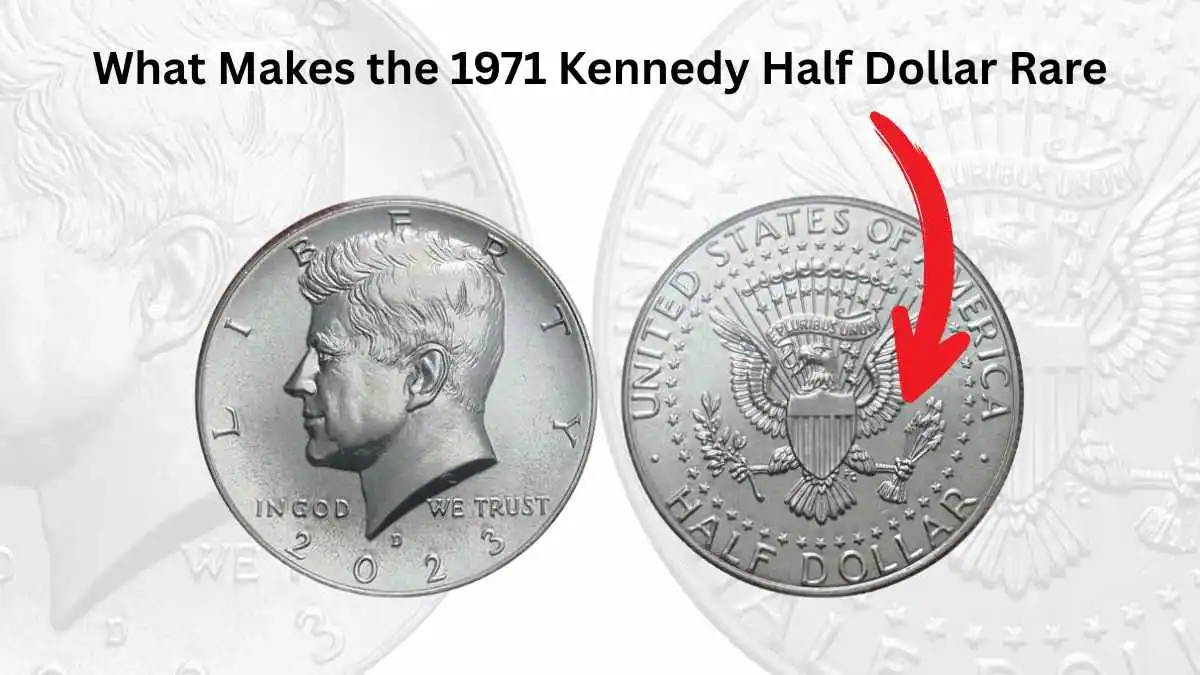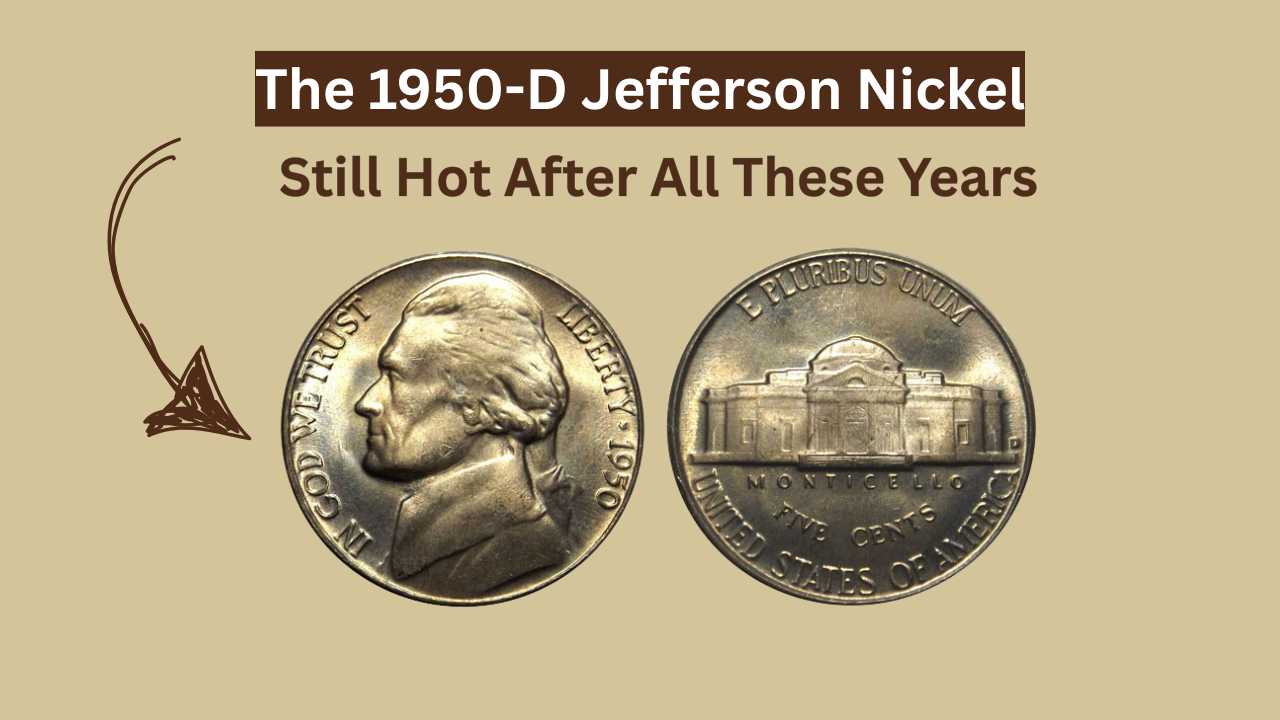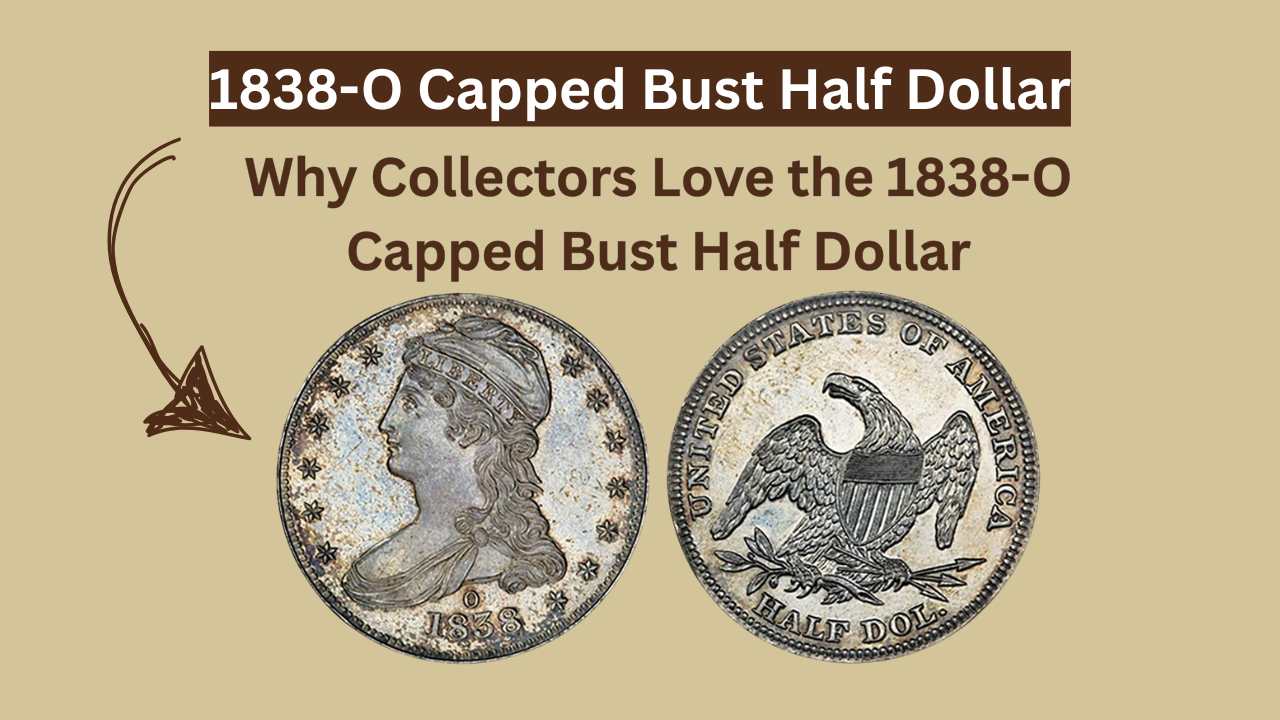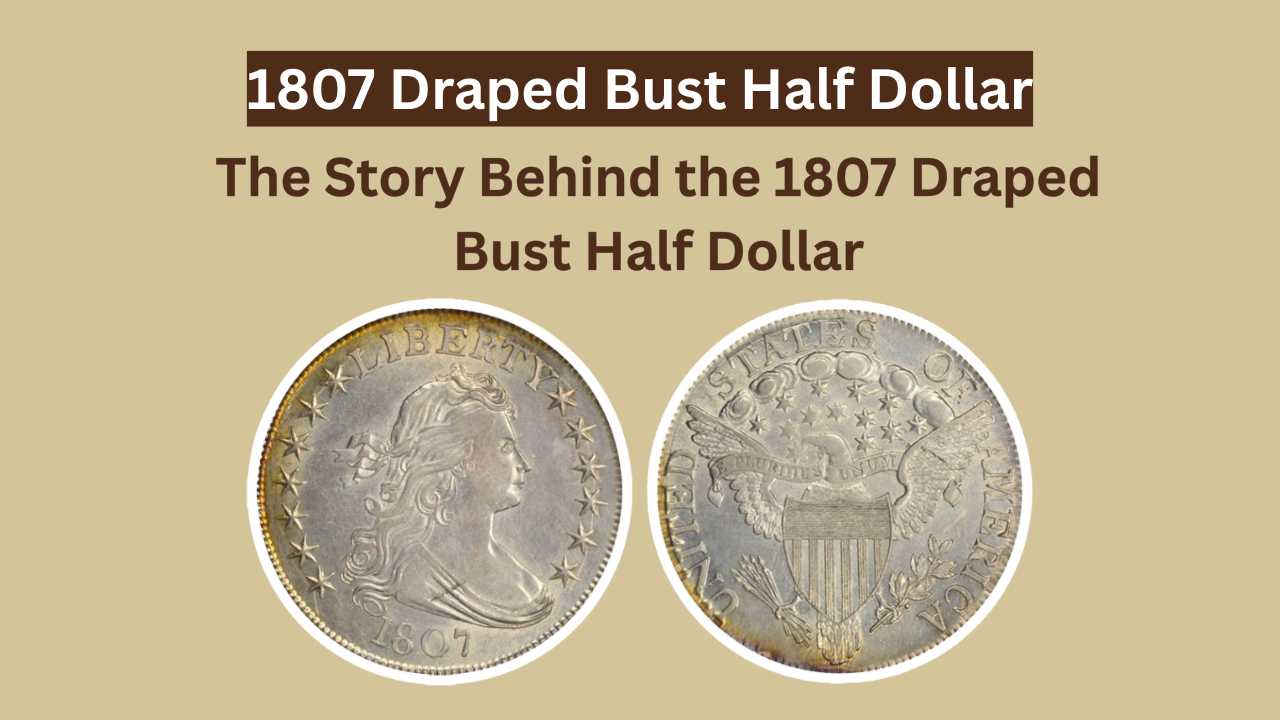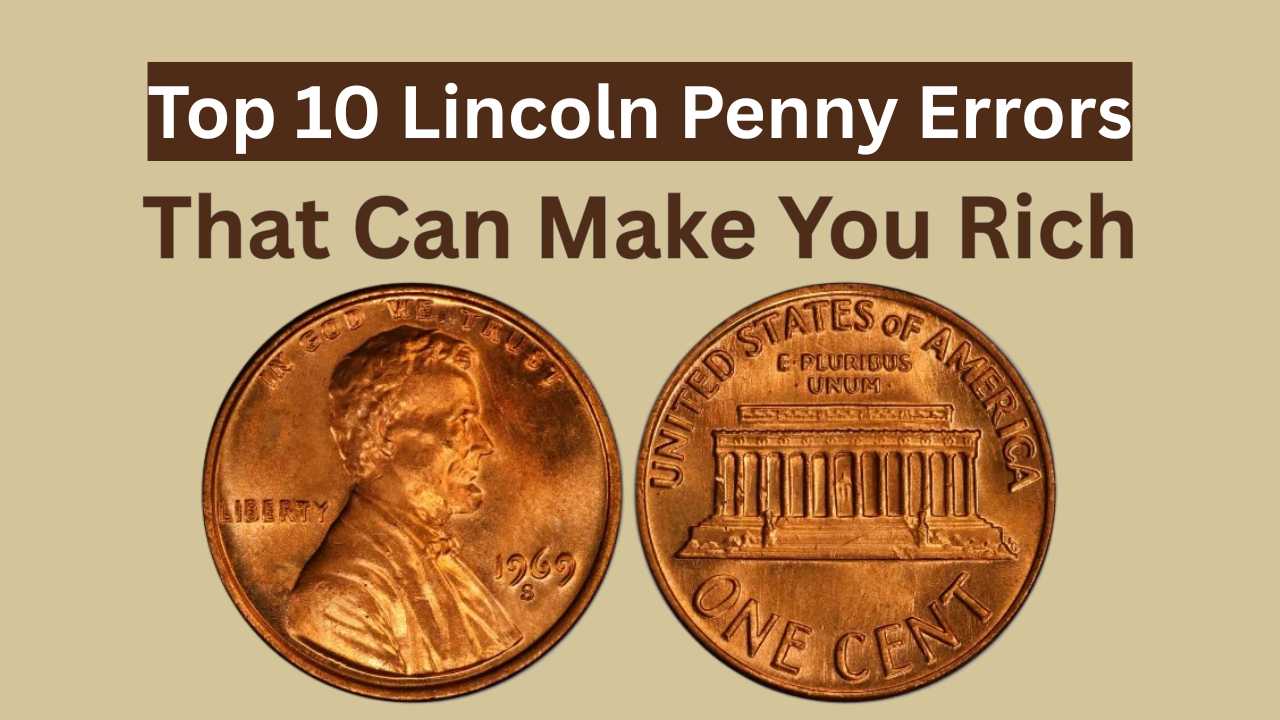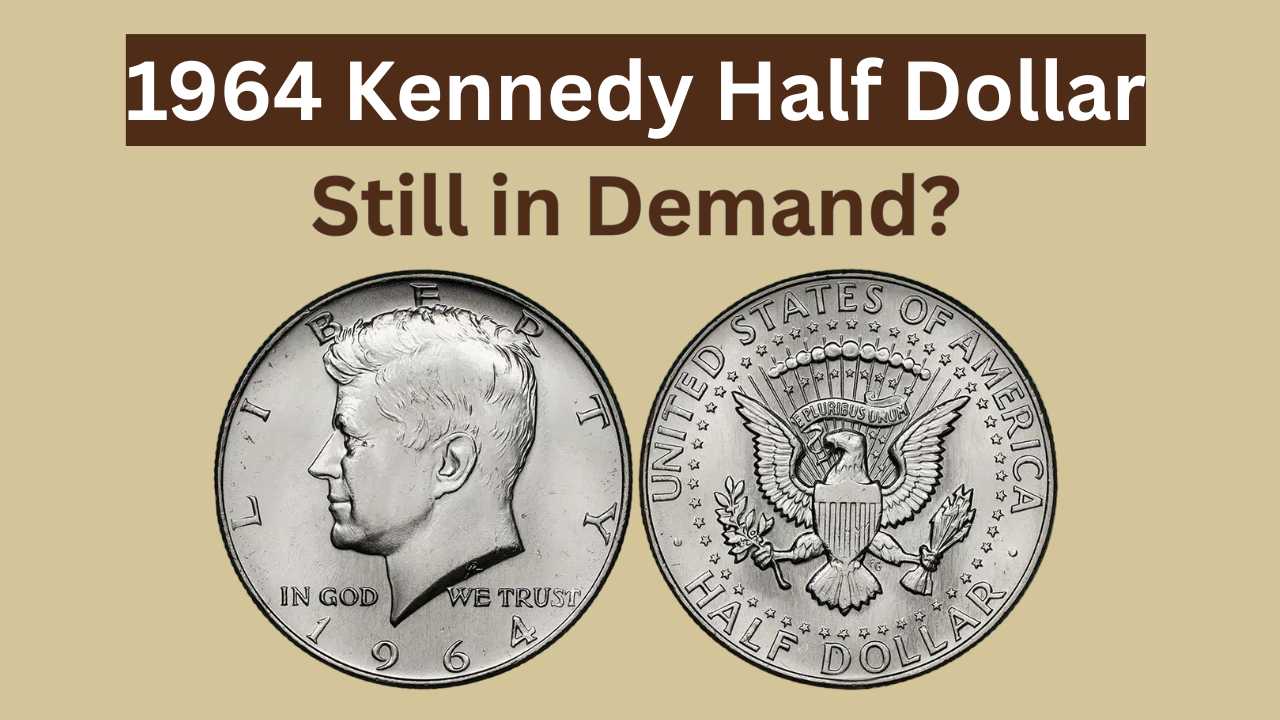
If you think coin collecting is only for wealthy hobbyists with deep pockets and rare connections, think again. The truth is, anyone—yes, even you reading this on a tight budget—can start building a coin collection that is not only historically fascinating but potentially quite valuable. Coin collecting, also known as numismatics, is one of the few hobbies that can pay you back in knowledge, community, and, sometimes, hard cash. And here’s the best part: you don’t need to spend hundreds of dollars to begin. You just need curiosity, consistency, and a smart strategy. Let’s unlock the world of affordable coin collecting step-by-step.
Why Coin Collecting Is the Ultimate Budget Hobby
There’s something thrilling about holding history in your hands. Whether it’s a 1957 wheat penny or a foreign coin picked up in pocket change, each piece tells a story. Coin collecting is a rare hobby that combines storytelling, research, detective work, and treasure hunting—and you can start it for less than the price of a movie ticket. Unlike other hobbies that drain your wallet over time, collecting coins can actually appreciate in value. Many budget collectors have stumbled upon coins worth hundreds or even thousands of dollars just from rolls of change from the bank or coins found at garage sales. With a bit of strategy, your small-time investment can lead to a big-time return.
Getting Started: What You Need (and Don’t Need)
You might be surprised to learn that you don’t need fancy tools or a massive starter kit to begin. The basics? Start with a simple magnifying glass, a notebook or spreadsheet, and a soft cloth or gloves to handle coins properly. Avoid touching coins with bare hands, as skin oils can cause tarnish over time. You can store your coins in 2×2 coin holders, coin flips, or cardboard albums—all of which are affordable online or at local hobby stores. Resist the urge to buy coins right away; instead, begin by collecting from circulation. Check your change, ask family members to save old coins, or visit your local bank for coin rolls. You’ll be surprised by what you can find with zero upfront cost.
Types of Coins Beginners Should Look For
When you’re working with a budget, focus on coins that are easy to obtain but have strong collector interest. Look out for wheat pennies (minted 1909-1958), Jefferson nickels from before 1965, state quarters, bicentennial quarters (1976), and any silver coins minted before 1965. These coins often slip through everyday circulation and can sometimes be found in bank rolls or pocket change. Foreign coins are also inexpensive and fascinating to collect—check coin shops or online marketplaces where mixed lots are sold cheap. Prioritize condition and uniqueness over quantity; a single error coin or misprint could be worth far more than a dozen common dates.
Coin Collecting Budget Strategy: Building Smarter, Not Bigger
A wise collector doesn’t chase every shiny object. Set a monthly budget—even $10-$20 is enough to make progress. Use that amount to buy low-cost supplies, visit flea markets, or pick up coins from reputable dealers on eBay. Always research before you buy; knowing how to spot cleaned coins, fakes, or artificially aged coins will save you frustration. Keep track of every purchase, condition, and market value in your log. Over time, you’ll build not just a collection, but also expertise. And in numismatics, expertise is everything. It’s what turns pocket change into prized collectibles.
Where to Find Budget Coins That Could Be Hidden Gems
There are hidden treasures all around if you know where to look. Local banks can be a goldmine—ask for rolls of pennies, nickels, or half dollars and search through them at home. Estate sales, garage sales, flea markets, and antique stores can yield great finds at low prices, especially when sellers don’t know the coin’s true value. Facebook Marketplace and Craigslist often have bulk coin deals from people clearing out old collections. Online forums like CoinTalk or Reddit’s r/coins offer budget coin trades and free knowledge. And don’t underestimate the power of coin shows—many vendors bring budget bins or trade tables for beginners.
Protecting Your Investment: Storage, Safety, and Handling
It doesn’t matter if your coin cost you $1 or $100—treat it like it’s worth $1,000. Always store your coins in a dry, cool place away from direct sunlight. Avoid PVC-based plastic holders, as they can cause chemical reactions that ruin the coin’s surface. Instead, opt for archival-safe flips or capsules. If you want to display your collection, go for framed holders or albums that protect while showcasing. Handle coins by the edges using clean hands or gloves, and never attempt to clean them—even with soap and water. Cleaning can destroy the coin’s patina and drastically reduce its value. The more careful you are now, the more valuable your coins will be later.
What Makes a Coin Worth Collecting
Just because a coin is old doesn’t mean it’s valuable. And just because it’s shiny doesn’t mean it’s rare. Coin value depends on four major factors: date, mint mark, condition, and rarity. Some coins minted in the billions are still in circulation, while a low-mintage coin in worn condition might be worth more. Look for key dates, error coins, or varieties that are listed in trusted coin guides like the “Red Book” or on PCGS.com. Don’t rely solely on online prices—the true value is what a collector is willing to pay. Be patient and focus on building a well-researched collection rather than chasing quick wins.
Final Thoughts: You Don’t Need to Be Rich to Start a Valuable Collection
Starting a coin collection on a budget isn’t just possible—it’s one of the smartest ways to enter the world of numismatics. With minimal upfront cost and the right mindset, you can begin your journey today. Every coin has a story, and every story begins with curiosity. The key is to learn as you go, connect with other collectors, and treat each piece with respect. Your pocket change could be the first chapter in a collection that someday inspires awe—and maybe even earns you a few thousand bucks along the way. So grab a magnifying glass and start searching. Treasure is literally in your hands.

